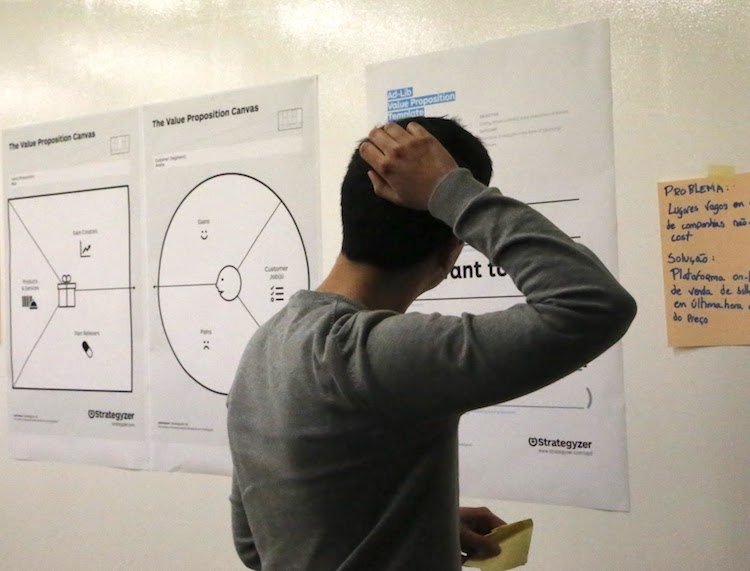Entrepreneurs and innovators prefer effectual reasoning over causal reasoning.
Nearly a month has gone by since the start of this semester’s classes and a good part of my entrepreneurship students are now reaching the conclusion that the projects they proposed are not having the reception they imagined by the potential clients and that it might be better to postpone their trip to Silicon Valley. This is a consequence of their commitment to interview at least 10 potential customers per week throughout the semester the be sure that the product or service they are working on is addressing real problems, and the process starts by talking with persons that have these problems. We are trying to avoid that they develop a technological product disconnect from the needs of the market. An innovator must think differently.
I am writing this chronicle in Denmark, where I came to a meeting on innovation with representatives of more than 50 technical universities that belong to the CESAER group (www.cesaer.org). One of the issues under discussion is how to instill an innovative mindset in students, researchers, and teachers. But what characterizes this innovative mindset?
In 1997, Saras D. Sarasvathy started a research project with the goal of understanding if there are any differences in the way that entrepreneurs think. She met with about 30 founders of companies valued from 200 to 6,500 million dollars, from different areas, from steel to teddy bears, from semiconductors to biotechnology. For 2 hours she asked them to solve the same set of 10 problems related to decisions on the best way to build a company starting with the same product idea. The results showed that almost all of them had a similar way of thinking, that Sarasvathy termed as “effectual reasoning” in opposition with causal or predictive reasoning commonly used when looking for the causes given an effect.
In a work environment with little uncertainty, we use causal reasoning to identify the technical or material resources needed to tackle a given problem. That is how we were trained. However, in a highly uncertain environment, such as a startup with a new technology, entrepreneurs use “effectual reasoning” to identify all the goals they can be achieved with the resources available to them. It is a creative way of thinking where the goals are being adjusted in a cycle of “effectuation”. The effectual reasoning is based on five principles.
Bird-in-hand principle. We must start by identifying the material and immaterial resources we already have at our disposal. It is not only what we have, but also who we are, what we know and whom we know, this allows us to search for all the goals that we can try to achieve.
Affordable loss principle. The investment in a project should not be without bounds, we have to think more in the losses than in the profit. We should not bet everything but look for ways to get the most progress with minimum investment.
Crazy quilt principle. The effectuation cycle begins by seeking partners with similar goals that are willing to commit with us. Even those who appear to be a competitor can become our partner. Combining our resources to our partners’ and adjusting for common goals.
Lemonade principle. This principle is based on the expression that says that when life gives us lemons we should make lemonade. Surprises and disappointments are normal in highly uncertain environments but should be seen as opportunities to adjust the objectives in the effectuation cycle. Almost all entrepreneurs have success stories that resulted from failures.
Pilot-in-the-plane principle. An uncertain environment makes it difficult to forecast the future, which is a source of anxiety. However, there is no need to fear the future if we are able to maintain control of the situation. If all goals fail, we can always try land the plane in the Hudson.
We now know that many of the features we thought were innate are no more than the result of a set of circumstances that have defined the development of an individual. As we know that we can train scientists, we presently have some evidence that we can also train people in ways of acting and thinking that enhance their ability to innovate giving value to all mankind.
These are mechanisms that we intend to integrate the training at our universities, taking students out of their comfort zone, validating in the real world the value of a problem whose solution can benefit from the resources that are available to them. By the way, if you have a problem that would pay someone to find a solution, please contact me at [email protected]. I have some students in despair.
Luís Caldas de Oliveira, @LuisCaldasO
Adapted from my opinion column in Jornal i of March 20th, 2018 (in portuguese)

 Português
Português